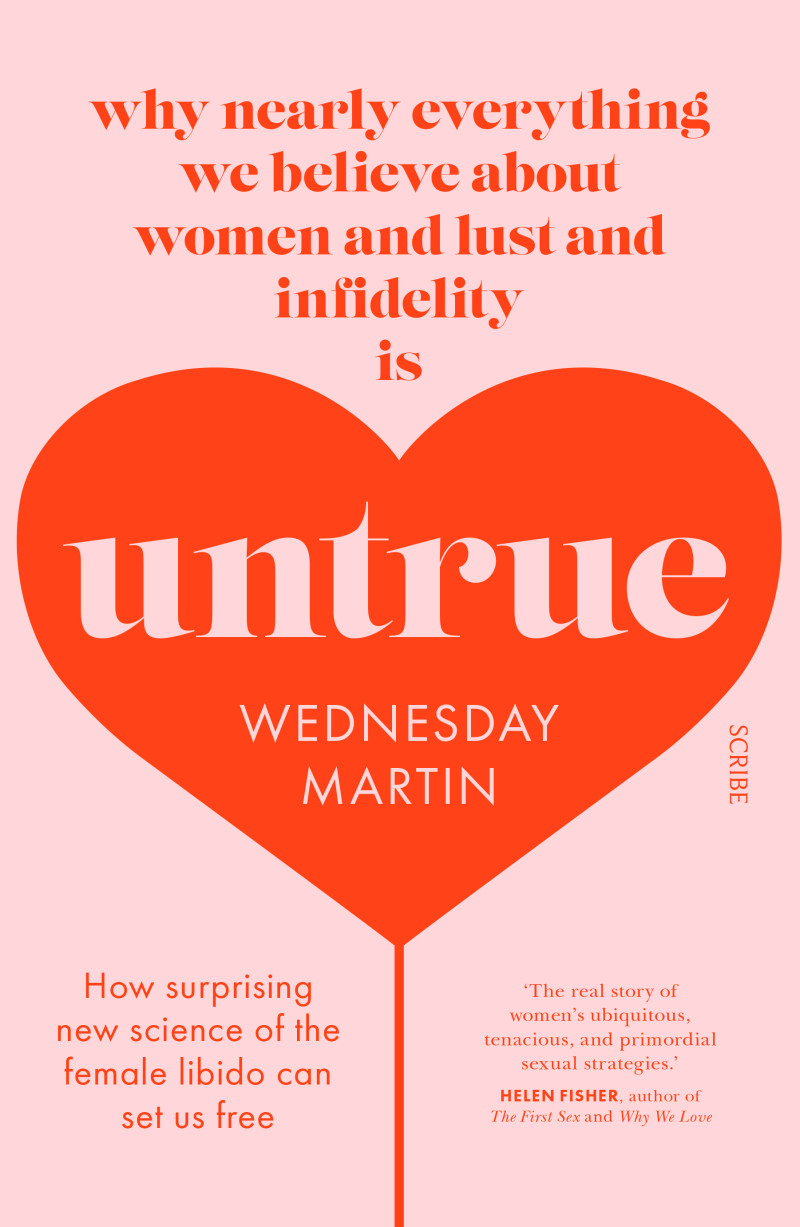 |
Identity without biology
|
tl:dr Some aspects of our identities activate in-group social instincts, and it’s easy for people to organize politically along those lines. Other aspects of our identities relate more to distinctions within the in-group or within a family structure, and it’s difficult to organize politically along such lines.
Why is it so much easier to organize African Americans around fighting racism than it is to organize poor people around fighting poverty? Why is it easier to convince poor, white Americans that Muslims are a threat than to convince them that the rich are taking more than their share? Fifty years ago, Martin Luther King tried to unite poor whites and Blacks, but that dream died with him. Why the big difference? Maybe the difference derives from humans’ in-group and out-group instincts.
Our tribal instincts organize our brains to respond to tribe-versus-tribe conflicts with much stronger emotions than when they respond to conflicts within the tribe. As a result, Christians and Muslims are primed for conflict, while poor people don’t find it natural to organize as a class or group. Below I’ll offer a basic take on nine aspects of identity, pointing out how some of them activate the brain’s tribal programming pretty well while others fail to do so.
Nine Aspects of Identity
This list comes from the “ADRESSING” model of identity and oppression (see end of post).
Age
All human societies recognize age categories within the group, and these are grounded in biology. Nobody identifies as, say, a “teenager” the way people identify as “Germans” or “Catholics”.
Tribal Politics: It’s an in-group distinction, and it has low political salience.
Disability
Disability is a biological reality with broad social implications. Disabled people organize politically, but disability is not a source of identity the way language or religion can be.
Tribal Politics: In-group, low politics.
Religion
Religion uses symbolism and ritual to unite people, and before modern times it was the only way to unite different tribes or nations. It’s a breeze to re-orient religious enthusiasm and convert it into hostility toward outsiders. Today, we see hostility across religions lines all over the globe.
Tribal Politics: Religion distinguishes between “us” and “them”, and it has high political salience.
Ethnicity
Ethnic identity traditionally determined one’s nation, language, religion, and homeland. Armenians, for example, belonged to Armenian culture, and a Navajos belonged to Navajo culture. Today, of course, everything is more complicated, as it was, for instance, in the Roman Empire. Still, even today it’s easy to get most people to identify emotionally with their ethnic groups, especially when there are conflicts with other groups.
Tribal Politics: Between-group, high politics.
Social Class/Culture
People commonly admire the successful people in their own “tribes.” My daughter loves Beyoncé because Beyoncé is a boss. Like chimpanzees and bonobos, humans defer to high-status individuals within the group. How easy is it for the rich to keep the poor divided by race and nationality? Way too easy. In some societies, class and ethnicity align more or less well, especially when class definitions are explicit and legally enforced. When not linked to ethnicity, class still comes with some of ethnicity’s trappings, such as distinctive dress or accents.
Tribal Politics: In-group or between-group, middling political salience.
Sexual Orientation
Sexual desire operates on its own agenda, cutting across lines of social identity, and often at odds with a conservative religious identity. Oppression and hostility give the LGBTQ+ crowd good reason to organize politically, but “tribe-style” identities seem powerful compared to sexual orientation.
Tribal Politics: In-group, middling politics.
Indigenous Background
This category is a special case of the more general tendency to form exclusive groups based on ethnicity and nationality (especially in the broad sense).
Tribal Politics: Between-group, high politics.
National Origin
Humans are unusual among social animals in that we can tell which strangers are in our society and which are not. A nation is a level of social organization above the tribe, historically allowing tribes to work together and allowing strangers to trust each other. Traditionally, nations have been defined by shared language, religion, lifestyle, and ethnicity. Consider Armenians, Navajos, Danes, etc. Largely, the point of a nation is to get people within it to treat each other better than they treat outsiders. Nearly all Americans, for example, would say that our federal government should concern itself more with our well-being than with the well-being of Argentinians. Politically, it’s easy to get people riled up about their nation, and something like a massive terrorist attack can get even liberal intellectuals to put flag stickers in their car windows.
Tribal Politics: Between-group, high politics.
Gender
Traditionally, men and woman have often had single-sex social groups, but our tribal instincts are organized to unite men and women in the tribe with each other and against the enemy rather than to unite women against men or vice versa. Gender may be an important part of one’s personal identity, but it’s not typically a political identity. In fact, filling a man’s role often means competing with other men for status, and the same goes for women.
Tribal Politics: In-group, low politics.
The Nonbiological ADRESSING Model
Leticia Nieto’s model of identity and oppression treats these nine aspects of identity as if they are all analogous to each other, with no real sense that humans are flesh-and-blood animals. Being Black, in this model, is essentially like being disabled. My late wife was both Black and disabled, and I can tell you that these two aspects of one’s identity are not essentially the same. In college I studied 20th century social sciences, and half of what I learned was well-meaning bogus stuff that I later had to unlearn. Nieto’s ADRESSING model fits the pattern of 20th century social science because it’s formulaic and nonbiological.
Missing Aspects of Identity
Three biologically potent aspects of identity are missing from the ADRESSING model.
Language is a primal indicator of who is “us” and who is “them”, as people with thick accents can tell you. Little children seem to intuit identities based on language at an earlier age than identities based on race. The high political salience of language aligns with that of ethnicity, nation, and religion. Say yes to the Oxford comma, or else let’s fight!
Family is a primal source of personal identity, especially perhaps the mother-child connection. It has low political salience in general. The conflict of “young versus old” gets some traction, but that isn’t exactly a conflict between offspring and parents.
Individual flesh-and-blood reality—the “crazy diamond” of one’s own unique phenotype—can be a major aspect of one’s personal identity, especially for those of us who diverge from the average in mental or physical terms. Political salience is low.
See Also
My
review of The Human Swarm by Mark Moffett, which explains the unusual human penchant for identifying not just with clans of people we know but also with larger societies of people who are “us” even though they’re strangers.















